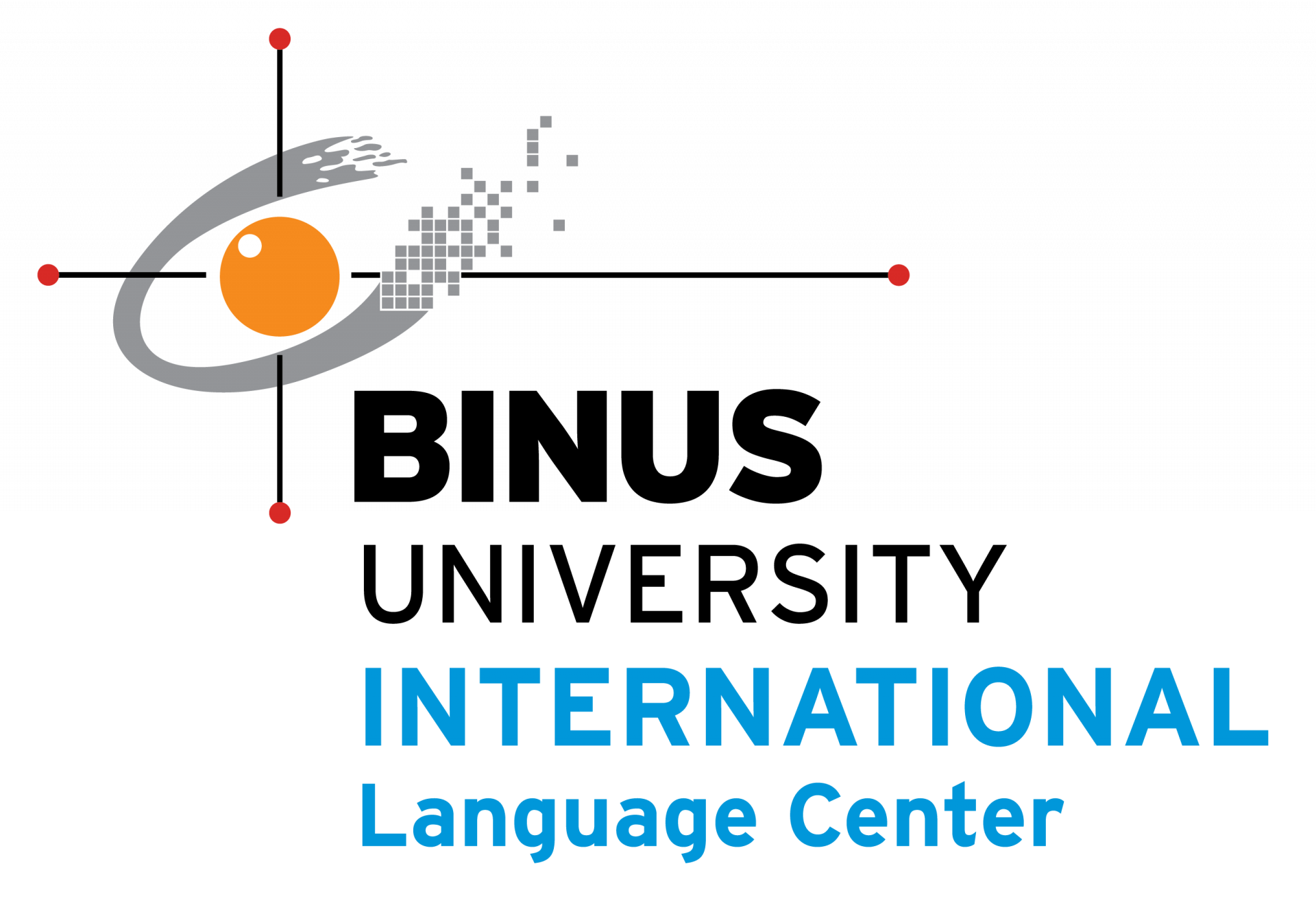Procrastination is Not Your Friend
Although you don’t feel much different as a person when you get older, one thing that becomes notable when you start a new task is that time provides you with experience to draw on, and the ability to see things from different perspectives.
As an undergraduate student, I was full of enthusiasm for the idea of ‘being a student’, but not so enthusiastic for the actual academic studying side of things. The world felt full of possibilities, and I wanted to involve myself in all the clubs and the social side of university life. This meant that my grades inevitably suffered, and it was only in my final year that I made the connection between the two.
I decided that for my dissertation, I would carefully craft it over six months, a little at a time to maximize my chances of getting a strong grade. I created and printed off a pretty timetable that told me what I should be doing each week and month. For the first month, if I found myself at my desk, I would look at my timetable and think, ‘well, isn’t that a lovely piece of work?’. It didn’t occur to me to actually act on its advice.
So one month went by, and then two; my dissertation remained blank as freshly fallen snow. Around the start of month three, I was lying on my bed, reading a magazine, when I caught sight of the timetable out of the corner of my eye. A sense of guilt and urgency came over me, so I went to my desk and began typing my ideas on to my horribly slow laptop. I had bought it second hand and the only thing I had made on it so far was my beautiful timetable. Two months of half-baked ideas came tumbling on the screen. I finally had some dissertation possibilities!
I took these to my dissertation supervisor who informed me that I was sailing dangerously close to the approval deadline (a deadline that I had not thought to include on my wonderful timetable). He approved an idea regarding an experiment to determine if people could detect from people’s facial cues whether or not they were telling lies. I was excited to begin, but I thought I would reward myself with some hanging-out time with my friends. This ‘two or three days’ I allotted myself extended to around three weeks. I realized then that throughout that time, I had been living with low-key anxiety. My own brain was nagging at me and telling me to do something, anything.
With three months left, I forced myself to sit down and start properly planning the experiment. I drafted in my friends and filmed them lying and telling the truth about their favorite movies. With my experimental footage in place, I became more motivated to check out the theories behind my chosen subject of non-verbal communication (NVC). It turned out that NVC was a massive field of study and I had to wade through weeks-worth of papers to find the proper research theories and methodology. I noted down various citations and references on my ever-slowing laptop and tried to craft these into the backbone of my dissertation.
With a month to go, I performed the experiment and gathered the data. My data seemed to comprehensively support the idea that we humans are actually rather good at lie detection. I spent the next three weeks error-checking and formatting my dissertation as my computer struggled to deal with the ever-growing document. I could cook and eat dinner while the computer went through the protracted saving process.
Three days before deadline day, I turned on my computer and… Well, actually the computer remained entirely dead. It refused to turn on. I panicked and then realized I had a back-up on a removable disk. When I took the disk to my friend’s computer, it became apparent that while my computer was dying, it completely corrupted the disk. At this point I was seized with a dread that I have never experienced since. A cold sweat broke over me as I sat down on the bed and tried to work out how to rescue myself from defeat. The only thing I could do was rewrite the entire dissertation from the start.
I borrowed my friend’s computer. I don’t remember much about the next few days other than drinking a lot of coffee, which I had never drunk before and haven’t since (foul-tasting liquid!). I didn’t sleep at all, forcing myself through page after grinding page and my dissertation slowly, slowly returned from the ashes. Bleary-eyed, I ran to the library to print the dissertation and submitted it with minutes to spare. The submission office told me that the dissertation was missing a cover page, but they helpfully printed one for me as they saw my tearful reaction. My dissertation was finally done!
Twenty years later, I started my master’s degree, and on the very first day I approached my thesis supervisor with an idea for approval. He supported my idea, so I began writing the thesis that same day, backing it up on USB drives, the cloud and sending regular updates to my email. I completed my thesis by the end of the first semester and kept polishing it day by day, month by month, until I was extremely proud of it. I am not going to say that I was the perfect student, but the events of my undergraduate dissertation taught me a great, painful lesson. Procrastination is not your friend.
